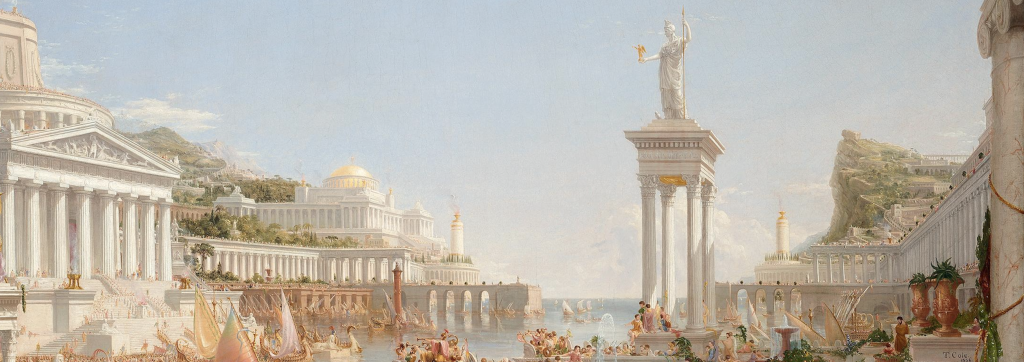The Opportunistic Peace

BRUSSELS – I think I can consider myself a European patriot, but I doubt whether this is still the Europe I want to fight for. I doubt even whether this Europe is ready to fight for its future and often think that it prevents countries from waking up to the formidable challenges. This Europe has become a haze, an ephemeral castle of values that are not defended, of pompous statements that are not put into practice. It has become a facade of clever slogans and speeches, behind which a generation of tepid politicians and technocrats hides.
Yes, Europe is somewhat moving forwards in terms of financial and fiscal integration. But what do we do with the cheap credit? What has been the impact of a decade of quantitative easing? It has hardly led to the green industrial revolution that we badly needed. It has hardly helped us to build an alternative for an economy addicted to consumer goods imported from countries that turn social dumping into an advantage or to fossil fuels sold by authoritarian adversaries. The cascade of free money has allowed us to muddle through.
Further financial integration, with now the European Commission starting to borrow, could be a step towards solidarity. But today it is not. Indeed, it helps alleviate some distress in the short term, yet as long as the financial lifelines are being used to continue to sustain reckless public spending and consumerism, spending in other words without a plan to grow the economy more productive. This will be the most selfish act in recent economic history. It will burden future generations and by no means make the weakest member states better off.
The green new deal does not change this. The aspiration of the green new deal is laudable. But as long as we do not enforce green ambitions and protect entrepreneurs against dumping from outside, why would we expect high-tech green factories to be built in Europe? Europe does not need a bag of money with a green ribbon. It needs a market place that is fair and applies the same rules to both domestic and external companies.
The European project is more relevant than ever, now that we face ambitious powers on all sides, and massive demographic forces builds up in the South. Consider China. Officials like to say that all member states agree that a more assertive common position is key. There have been some critical statements from the European institutions, but what is changing in practice? A Whistle-blower critical of the self-censorship of the EEAS was bullied into resignation. We still have no mechanism to finally evaluate what comes out of the dozens of expensive dialogues with China. European leaders insist that sanctions against Beijing have no effect, but they refuse to stop making it stronger.
Once more, cooperation is a pretence. Papers from investment screening to anti-subsidy policy have very little effect. They permit politicians to claim that they do something, just to return to business as usual. It applies to many other foreign policy issues. Operation Irini lets the European banner wave before the coast of Libya, barely masking the infighting between France, Italy, and Greece. There is a so-called European Marshall Plan for Africa, but European countries more often disinvest and disengage.
If the European institutions were established to enforce rigidity, to defend Europe’s values against short-termism of the capitals, they act like partners in crime. I am sensitive to the argument that such criticism plays into the cards of nationalists and external adversaries. But I would rather see a swift return to a Europe of nations, a situation in which individual countries are forced to come to grips with their economic and geopolitical weakness, than a Europe that creates a false sense of solidarity and strength. They will surely be played apart, but they are played apart today too. Let them get to grips with their uncomfortable position as quick as possible.
The European founding fathers saw their project of integration as a tranquilizer, but this Europe is tranquilizing too much. The pursuit of a European peace, along the decades, has led to European paralysis. The technocracy in Brussels could not be further estranged from the ideals, the grieve, and the sense of geopolitical peril that was present among the founding fathers. The pretence of common European values and interests has become an alibi for states to act restlessly and opportunistically. Let them face the real world. One day, a genuine sense of common destiny will come back.
Picture: Thomas Cole, The Consumption of Empire.
